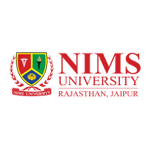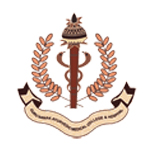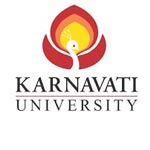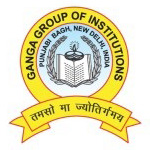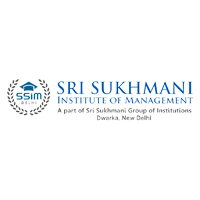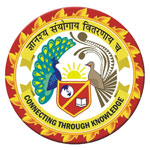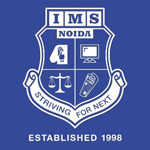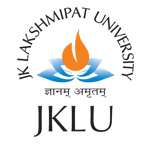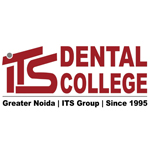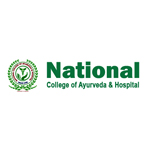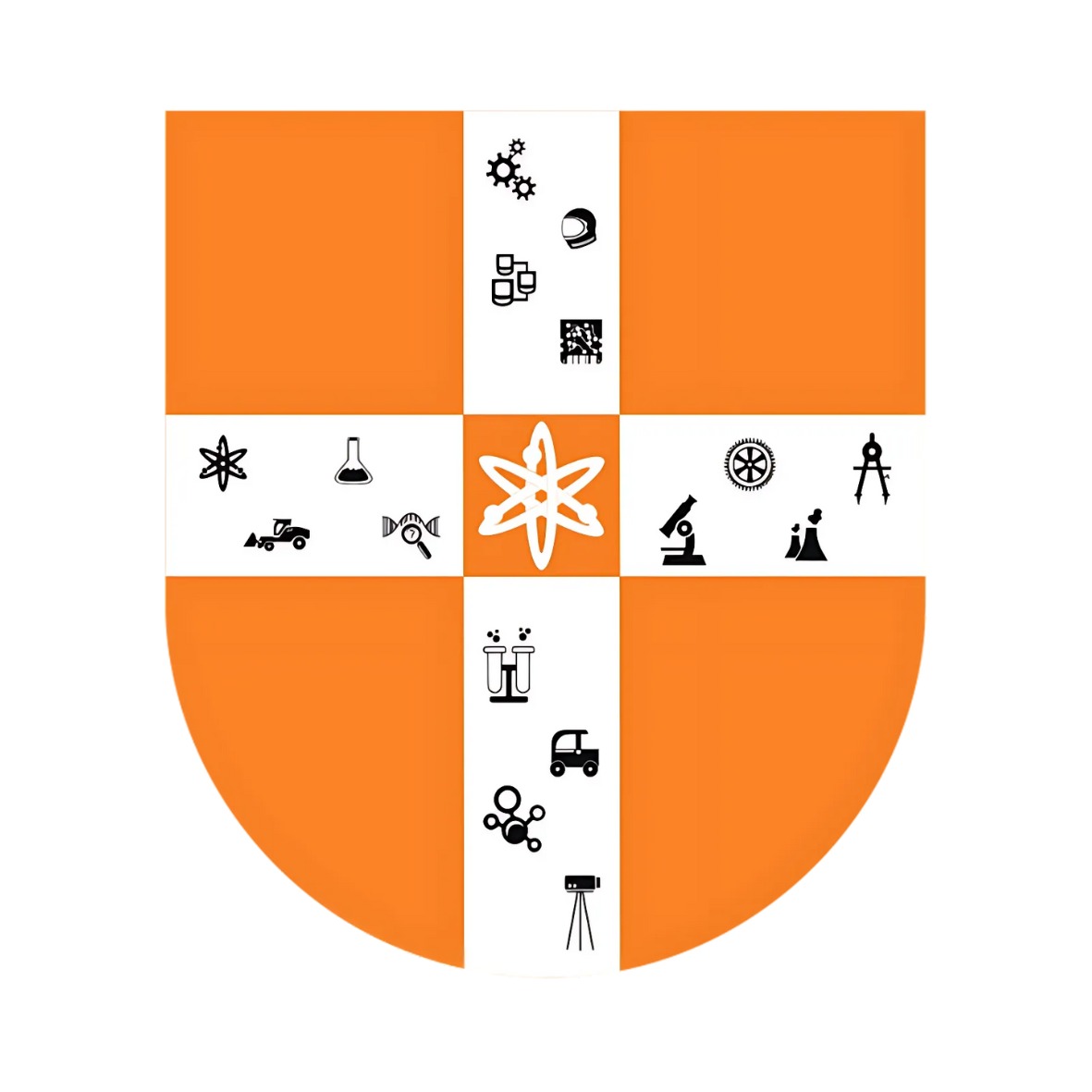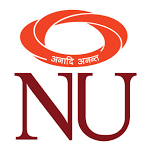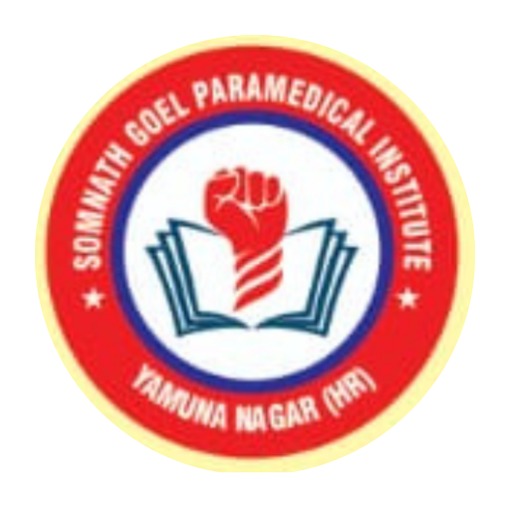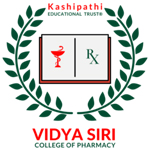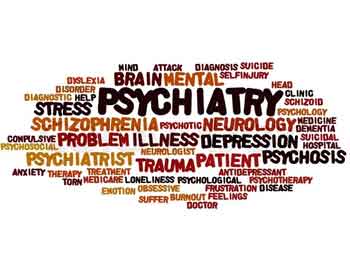
M.D Psychiatry
Medium
Medium
4.5 LPA LPA - 8.5 LPA LPA
13.5 LPA LPA - 18.5 LPA LPA
24.5 LPA LPA - 30 LPA LPA
Table of Contents
M.D in Psychiatry Course Highlights
Listed below are some of the major highlights of the course.
| Duration | 3 years |
| Course Level | Post Graduate |
| Examination Type | Phase System |
| Eligibility | MBBS, BDS, DMS, DHMS, BHMS, BAMS, BASM, BEMS, BIAMS, BNYT, BATS, BUMS, IAMS, BPT, B.Pharma., N.O., or M.D(A.M). |
| Admission Process | Based on performance in the National Eligibility cum Entrance Test (NEET) |
| Course Fee | INR 25,000 to 20 Lacs |
| Average Starting Salary | INR 2 to 30 Lacs per year |
| Job Positions | Child and Adolescent Psychiatrist Forensic Psychiatrist Clinical Psychiatrist Staff Psychiatrist Prison Psychiatrist Behavioral Specialist Neuropsychiatrist, and such. |
| Top Recruiting Companies | Healthcare environments including hospitals, physician practices, integrative healthcare clinics, public health clinics, college health centers, natural apothecaries, and in settings that care for military veterans. |
MD in Psychiatry Overview
M. D. Psychiatry or Doctor of Medicine in Psychiatry is a three-year post-graduation program which specializes in students and educates them on how to diagnose, prevent and treat mental, addictive, and emotional disorders in human beings. It involves all three, medical, psychological, and social components, of treating mental, emotional, and behavioral disorders through the utilization of diverse treatment modalities.
This includes conduction of diagnostic tests, prescribing medications, providing psychotherapy, and even proving relief to the patient and his family during stressful times. This course is extensively spread over a wide range of subjects covering Neurobiology, Biopsychology, Prescription of Psychiatric drugs, diagnosis, and proper treatment of psychiatric disorders.
Who can opt for MD in Psychiatry?
A candidate who wants to enroll for a course in M.D. Psychiatry should have cleared his M.B.B.S degree with a minimum of 55% marks. He should also be prepared for a post-graduate medical entrance examination conducted at the time of admission by universities/colleges offering this course.
This program is good for those who want to go in for holistic care of patients through the identification of social, economic, biological, environmental, and emotional determinants which cause mental disorders and then extending preventive and curative measures to curb these disorders through proper diagnosis, therapies, and rehabilitative steps.
A person wanting to become a psychiatrist needs to have an extremely liberal nature as he has to undergo regular sessions of prolonged discussion with his patients regarding their problems and find solutions to them by bringing about change in their behavioral patterns. This course can also be opted by those willing to go for further studies like Ph. D and so on. Additionally, they should possess excellent communication and understanding skills.
How is MD in Psychiatry beneficial?
This course is beneficial in providing diagnostic, therapeutic, and rehabilitative services to mental patients at the institutional as well as community levels. It provides sufficient knowledge to the candidates regarding psychiatric skills and scientific foundations in behavioral sciences.
This course trains them on how to treat mental disorders in patients by combining psychoanalysis, psychotherapy, hospitalization, and medication. On completion of the course, they can even opt to go for higher studies like Ph. D and so on or become regular doctors in hospitals and mental clinics or open a private mental health care center of their own.
They can even opt for jobs as counselors in large-scale industries and rehabilitation centers involved in dealing with patients who are alcoholics, drug addicts, and have other mental ailments.
M.D in Psychiatry Syllabus
| Semester I | Semester II |
|---|---|
| Monoamine Neurotransmitters and their implications for Psychiatric Disorders | Approaching to Psychiatric Diagnosis and Classification |
| Basic Sciences as applied to Psychiatry | Clinical Psychiatry |
| Excitatory Amino Acids in Psychiatric Disorders | Etiology and Clinical Profile of Dementias |
| Neuropeptides and their relevance to Psychiatry | Organic Delusional, Mood and Personality Disorders |
| Second Messenger Systems and Beyond | Concept and Typology of Schizophrenia |
| Basic and applied Electrophysiology | Biological Basis of Schizophrenia |
| Magnetic Resonance and Implications for Psychiatry | Course, Outcome and Prognosis of Schizophrenia |
| Consciousness | Brief and Reactive Psychosis |
| Sleep and Dreaming | Etiological Theories of Mood Disorders |
| Chronobiology | Subtypes of Depressive Disorders and their Clinical Relevance |
| Transcultural Psychiatry | Course and Outcome of Mood Disorders |
| Aggression: Psychology and Biology | Paranoid Disorders |
| Intelligence | Concept and Typology of Personality Disorders |
| Learning Theories | Antisocial Personality Disorders |
| Information Processing: Brain Models of Mind | - |
| Experimental Animal Research and Implications for Mental Disorder | - |
| Semester III | Semester IV |
| Nosological status and natural history | Scientific evaluation of efficacy of psychotherapy: methodological problems |
| Anxiety disorders | Models of psychotherapy: An overview |
| Reactions to severe stress | Brief dynamic psychotherapies |
| Current concept of dissociative disorders | Behavioural therapies |
| Somatization disorders: Diagnosis and clinical features | Cognitive therapies |
| Nosological status and clinical features of Neurasthenia | Supportive psychotherapies |
| Non-organic sleep disorders | Psychological management of sexual dysfunctions |
| Recent advances in eating disorders | Comparative pharmacology of antipsychotic drugs |
| Management of premature ejaculation | Short-term side effects of antipsychotic drugs and their management |
| Psychiatric aspects of homosexuality | Tardive dyskinesia: pathophysiology and management |
| Biological basis of anxiety | Recent advances in antidepressant drug therapy |
| Habit and impulse disorders | Management of a suicidal patient |
| - | Role of Lithium in Psychiatric disorders |
| - | Adjuncts and alternatives to Lithium in the management of mood disorders |
| - | Drug treatment of generalized anxiety and panic disorders |
| - | Recent advances in drug treatment of obsessive-compulsive disorders |
| - | Electro-convulsive Therapy: current trends |
| Semester V | Semester VI |
| Ethics in Psychiatry | Delirium: Differential Diagnosis and Management |
| Human Rights of psychiatric patients | Dementia: Differential Diagnosis and Management |
| Indian Mental Health Act | Psychiatric Syndromes with Epilepsy |
| Epidemiology of psychiatric Illness in Old Age with Special Reference to India. | Neuro-psychiatric Sequelae of HIV Infection |
| Current Issues in Management of Elderly Psychiatric Patients. | Consultation-Liaison Psychiatry |
| Integration of Mental Health into Primary Care - Its Role and Future in India. | Psychological Aspects of Cardio-vascular Disorders |
| Classification of Child and Adolescent Psychiatric Disorders. | Psychological Aspects of Gastro-intestinal Disorders |
| Learning Disorders of Childhood | The Terminally Ill Patient and Family |
| Child Abuse and Neglect | Psychological Aspects of Breast Cancer |
| School Refusal | Obesity |
| Pervasive Development Disorders of Childhood | Concept and Assessment of Disability |
| Preventive Aspects of Child and Adolescent Psychiatric Disorders | Concept and Measurement of Quality of Life |
| Neuro Psychological Assessment of Children | Neuro-psychological Assessment and its Relevance to Psychiatric Diagnosis and Management |
| - | Stress and Psychological Disorders |
| - | Psychological Aspects of Organ Transplantation |
FAQ-MD in Psychiatry
Q1:- What is MD in Psychiatry?
Ans:-A psychiatrist is a physician (a medical doctor-either an MD or a DO) who specializes in the prevention, diagnosis, and treatment of mental, addictive, and emotional disorders. The Course helps to train the medical, psychological, and social components of mental, emotional, and behavioral disorders and utilize a broad range of treatment modalities; including diagnostic tests, prescribing medications, psychotherapy, and helping patients and their families cope with stress and crises. The course includes neurobiology, biopsychology, prescription of psychiatric drugs, and diagnosis and treatment of psychiatric disorders.
Q2:- What is the eligibility for MD in Psychiatry?
Ans:-
- Graduation completed from a recognized university, in any of MBBS, BDS, DMS, DHMS, BHMS, BAMS, BASM, BEMS, BIAMS, BNYT, BATS, BUMS, BPT, B.Pharma., N.O., and M.D. (A.M.).
- A minimum aggregate score of 50% at the level of graduation.
- For practitioners and research workers with at least 10 years of practice in the field, the requirement of the fulfillment of such basic minimum eligibility criteria is not applicable.
Q3:- Which Top institutes offer MD in Psychiatry?
Ans:-
- Maulana Azad Medical College Delhi
- SRI RAMACHANDRA UNIVERSITY Chennai
- All India Institute of Medical Sciences Delhi
- Aligarh Muslim University Aligarh
- Department of Psychiatry, Christian Medical College Tamil Nadu
Q4:- What kind of Employment area for MD in Psychiatry?
Ans:-
- Healthcare Centres
- Hospitals
- Medical Colleges
- Nursing Homes
- Polyclinic
- Research Institutions
Q5:- What types of jobs can MD in Psychiatry?
Ans:-
- Area Sales Manager
- Assistant/Associate Professor
- Business Development Executive
- Clinical Psychologist
- Lecturer/Professor
- Medical Representative
- Pharmacovigilance Associate
- Product Specialist
- Regional Manager
- Sales/Business Development Manager
Apply Now Get More Information
Q6:- Name such entrance exams held in India for MD in Psychiatry?
Ans:-
- Aligarh Muslim University Entrance Exam
- All India Institute of Medical Sciences Entrance Exam
- All India Institute of Physical Medicine and Rehabilitation (AIIPMR) Entrance Exam
- Baba Farid University of Health Sciences Entrance Exam
- Central Institute of Psychiatry Entrance Exam
- Diploma of National Board (DNB) Exam
- Guru Ghasidas University Entrance Exam
- Indian Institute of Science, Bangalore
- Institute of Human Behavior and Allied Sciences (IHBAS) Entrance Exam
- Institute Of Medical Sciences Entrance Exam
- Jamia Millia Islamia Entrance Exam
- Karnataka University Entrance Exam
- Lady Hardinge Medical College Entrance Exam
- Maharashtra University of Health Sciences Entrance Exam
- Manipal Academy of Higher Education Entrance Exam
- National Council of Educational Research and Training Entrance Exam
- National Institute of Mental Health and Neuro Sciences Entrance Exam
- Padmashree Dr. D.Y. Patil University Entrance Exam
- Pondicherry University Entrance Exam
- PT. BD Sharma Postgraduate Institute of Medical Sciences Entrance Exam
- Rajasthan University of Health Sciences Entrance Exam
Q7:- Suggest the Coaching Centers for Entrance Exam.
Ans:-
- Global Education (Mumbai)
- Gyan Sagar Classes (Mumbai)
- Ideal Classes (Mumbai)
- IMS Institute (Mumbai)
- Insight (Mumbai)
- TIME (Kerala)
- Brilliant (Kerala)
- Bharadwaj Institute (Chennai)
- Career Launcher (Chennai)
- Abhimanu Las Study Group (Chandigarh)
- Bulls Eye Knowledge System (Chandigarh)
- Blaze IAS Academy (Chandigarh)


